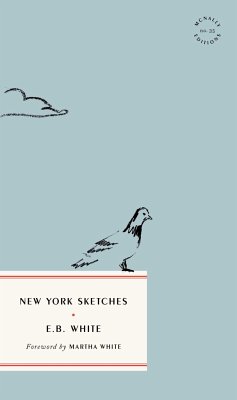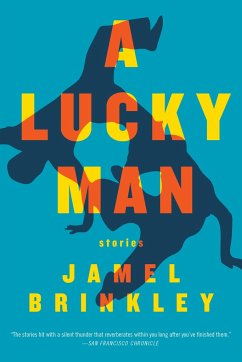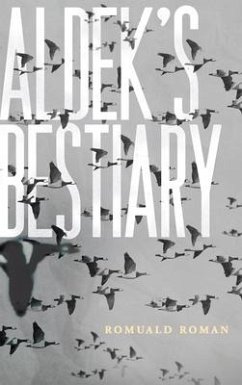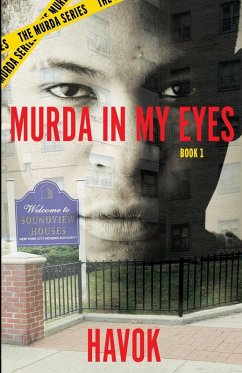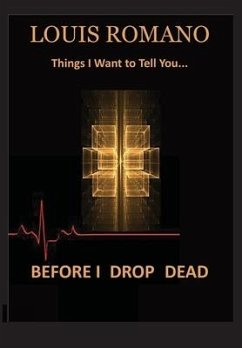Nicht lieferbar
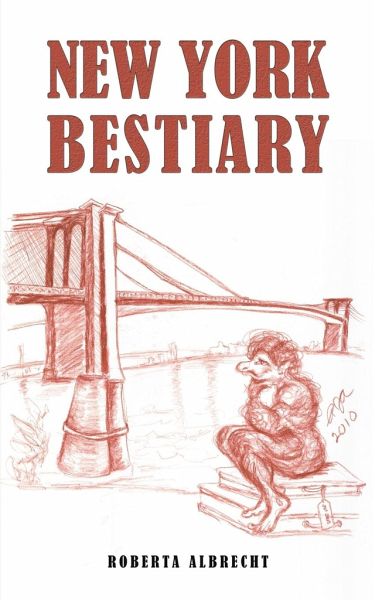
New York Bestiary
Versandkostenfrei!
Nicht lieferbar
Roberta Albrecht has discovered an adept way to transform fiction into truth. As in the familiar beast fable, the subjects of her alchemy are a series of animals or animal-like creatures, all of whom lack the experiences essential to transformation. Albrecht invites her readers to join them in the decision-making process when she situates them in a specific alembic, that is, in the widely heterogeneous society of New York City where they suffer and learn to survive. All of her subjects begin or end their lives within the geographical confines of New York's five boroughs: The Bronx, Brooklyn, M...
Roberta Albrecht has discovered an adept way to transform fiction into truth. As in the familiar beast fable, the subjects of her alchemy are a series of animals or animal-like creatures, all of whom lack the experiences essential to transformation. Albrecht invites her readers to join them in the decision-making process when she situates them in a specific alembic, that is, in the widely heterogeneous society of New York City where they suffer and learn to survive. All of her subjects begin or end their lives within the geographical confines of New York's five boroughs: The Bronx, Brooklyn, Manhattan, Queens, and Staten Island. All are confronted with serious questions: Where can I find a friend? How can I join a group? (Or should I?) Where can I be safe? How can I find happiness? Albrecht's illustrations focus on details particular to these moments, marking the challenges, failures, and successes of each. Her drawings serve as vignettes that enrich the text, making a complete experience, making the visual and verbal arts converge. Readers of these fables will sometimes ponder and sometimes laugh. Sometimes, it is hoped, they will discover things once thought familiar to be refreshingly new.




